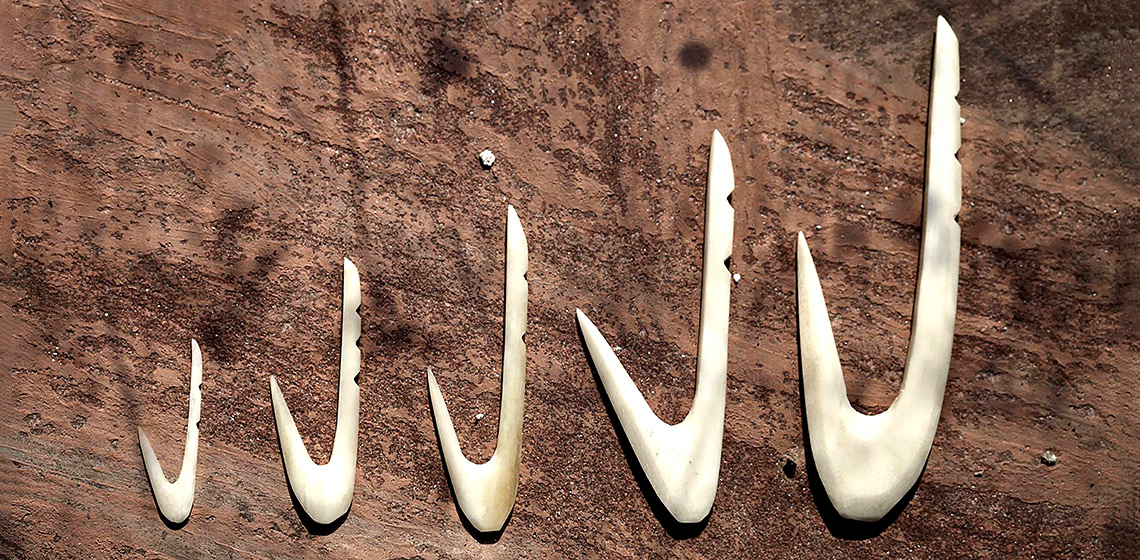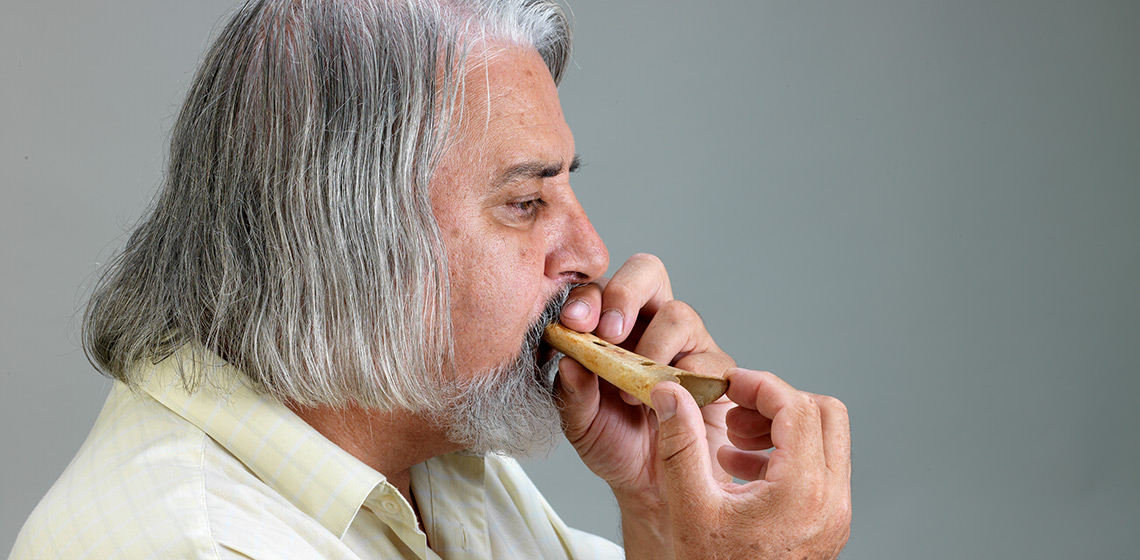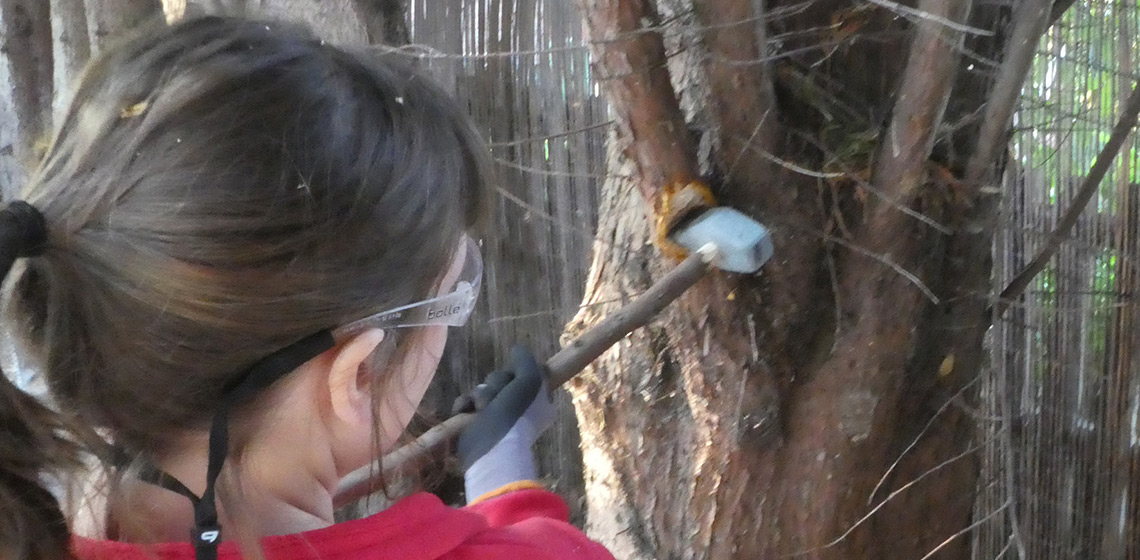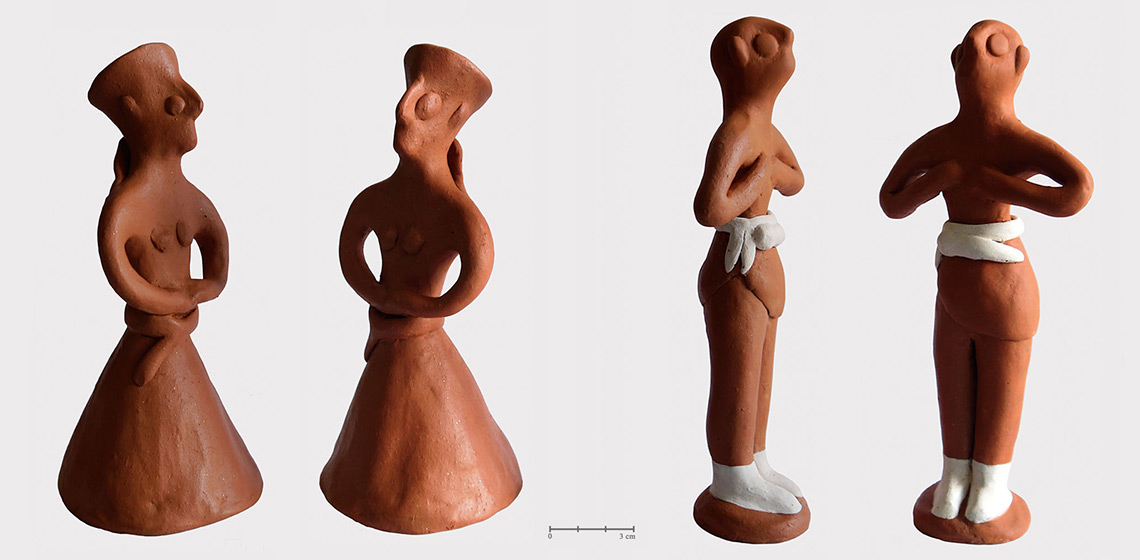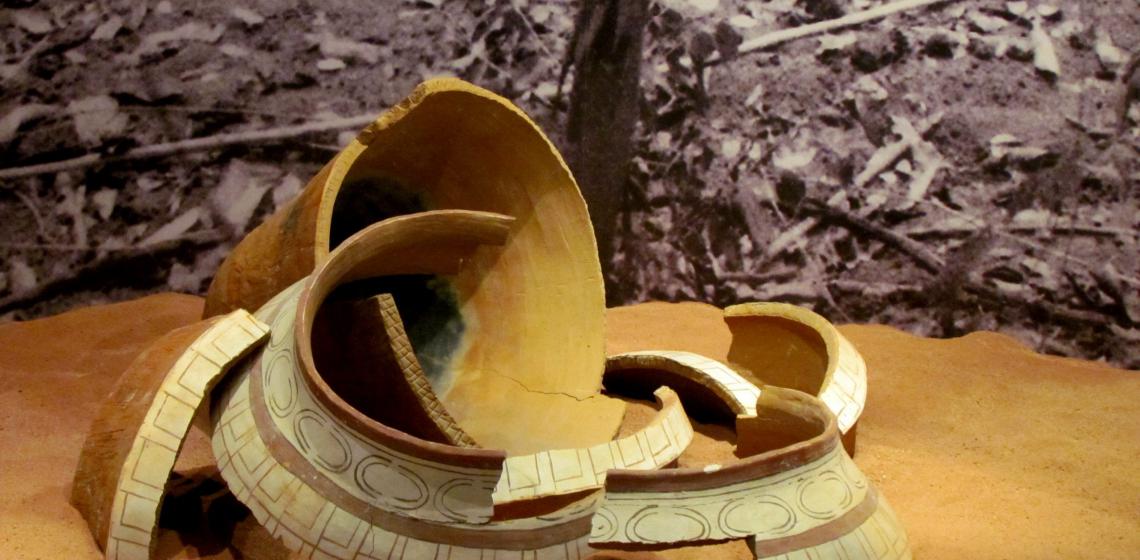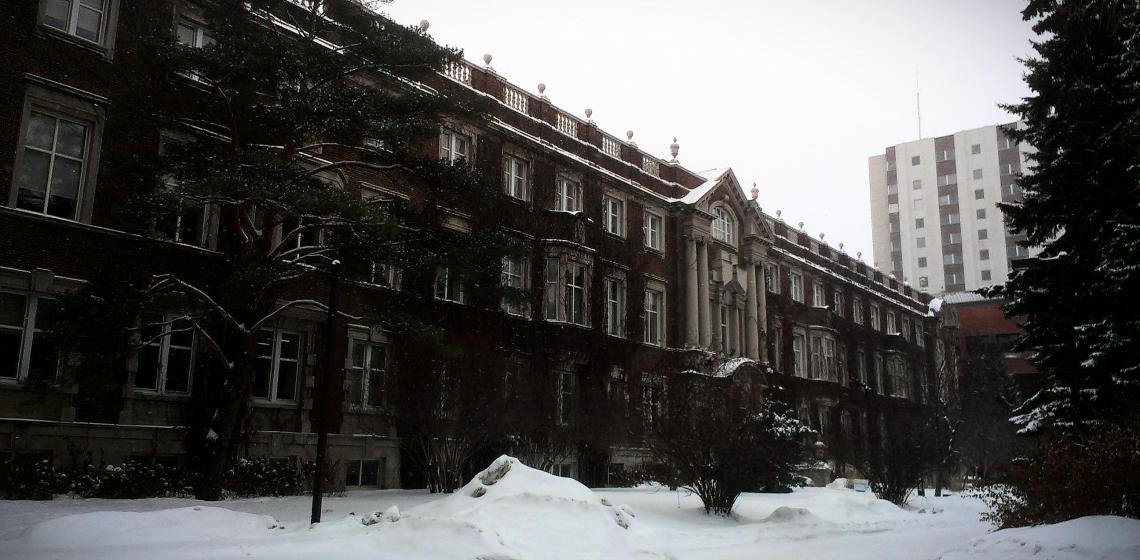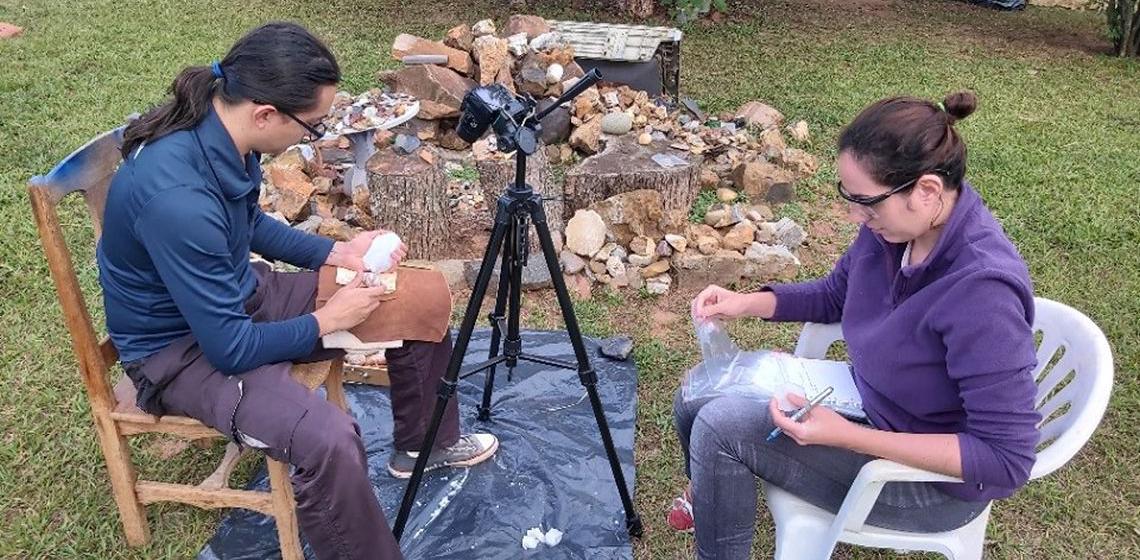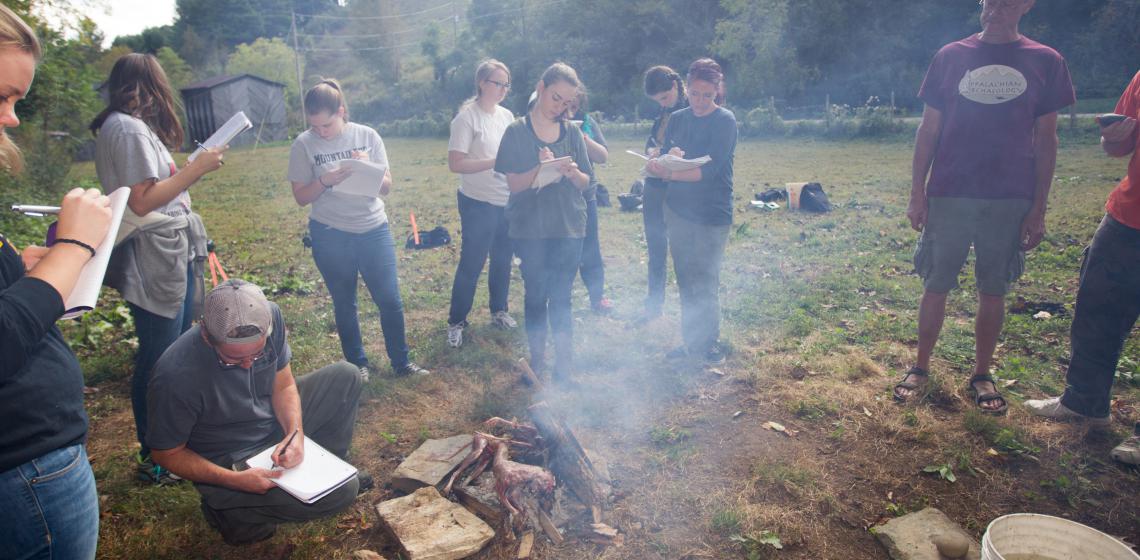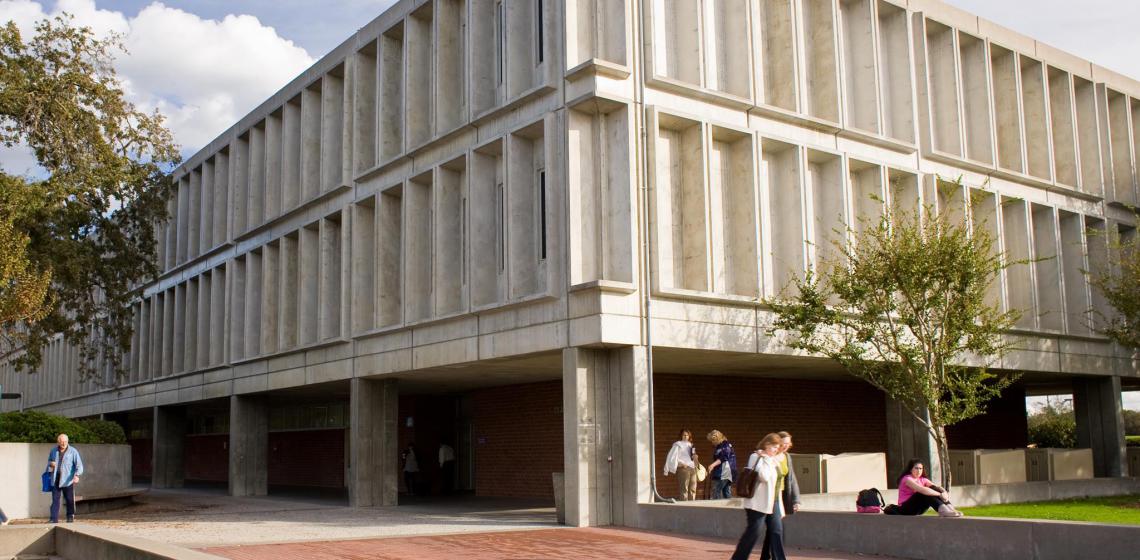Experimental Archaeology
Experimental Research on the Neanderthal Musical Instrument from Divje Babe I Cave (Slovenia)
***The supposition that an unusually perforated femur of a juvenile cave bear found at the Divje babe I Palaeolithic cave site in Slovenia could be a musical instrument led to heated debates. According to its archaeological context and chronostratigraphic position, if made by humans, it could only be attributed to Neanderthals...
Enhancing the Accuracy of Use Interpretation: The Discovery of a New Wear Formation with the Complementary Methods of Experimental Archaeology and Use-Wear Analysis
***Experimental archaeology and use-wear analysis are methods used together to understand aspects of an object’s life, such as manufacture and use. This paper demonstrates the benefits of analysing use-wear through experiments. It presents the results of experiments which were carried out to test the use of battle-axes and axe-hammers...
Ceramicists, Apprentices or Part-Timers? On the Modelling and Assembling of Peak Sanctuary Figurines
Who Modelled and Assembled Peak Sanctuary Figurines?
In this paper, I explore the pervasive, yet only partially investigated, question of who made peak sanctuary figurines. Peak sanctuary figurines are small anthropomorphic and zoomorphic clay representations, found by the thousands at Cretan Bronze Age mountain sites, alongside a range of utilitarian ceramic vessels and, occasionally, ceramic votive body parts and models, metal objects, stone vessels and small pebble clusters.
Universidade Federal de Minas Gerais (BR)
Grupo de Estudos do Simbólico e Técnico da Olaria (Pottery Symbolic and Technical Study Group, (GESTO) is an active group in the area of Minas Gerais, Brazil, which focuses on practicing South American pottery techniques through experimental archaeology.
Their main focus is to spread archaeological knowledge, in particular the reproduction of all stages of traditional Amerindian pottery techniques, from the collection of raw materials to the reproduction of objects and the baking with wood fires. The group was born out of the great interest that students of the Universidade Federal de Minas Gerais had for experimental techniques of pottery reproduction. Now led by Prof.
University of Alberta (CA)
The University of Alberta is one of the top 5 institutions in Canada and is known nationally and internationally for their innovative research. They aim to foster creativity through a mixture of theoretical and practical courses. Through the Undergraduate Research Initiative, students of all levels of education can access funding for research and creative activities.
Department of Anthropology
The Department of Anthropology specializes in archaeology, biological anthropology, and socio-cultural anthropology. Courses are offered in Prehistory, Indigenous and Prairie Archaeology, as well as human skeletal and dental biology, disease processes in antiquity, and forensic anthropology. They have a number of different reference collections and laboratory spaces, including the Bryan/Gruhn Ethnographic Collection and a Photographic Studio.
Universidade de São Paulo (BR)
The University of São Paulo (USP) (founded in 1827) is the biggest university in Brazil and the most prestigious in Latin America. The Laboratory for Human Evolutionary Studies (LEEH), leaded by Mercedes Okumura (since 2018), is run by the Institute of Biosciences and the only one in Latin America dedicated to the study of Human Biocultural Evolution.
Our research focus on the biocultural evolution of past human groups, mostly through the analysis of human skeletons, faunal remains, pottery, and stone tools. Currently, experimental archaeology is part of our main research projects, including the replication of stone and bone tools produced by ancient hunter-gatherer groups in the Americas, and by Paleolithic groups from Southern Europe, Northern Africa, and the Middle East. The replication of such tools aims to further understand the lithic and bone technology of the past, as well as to produce reference collections.
National Institute of Advanced Studies (IN)
National Institute of Advanced Studies (NIAS) is a premier institute in India engaged in interdisciplinary and multidisciplinary research in natural sciences, social sciences, arts and humanities.
It was founded by J. R. D Tata for providing an avenue for administrators, managers and social leaders for interaction and exchange of information with notable academics in the areas of science, arts and humanities. With these objectives, the institute conducts multi-level research programmes and mentors talented doctoral students. The institution, based in Bengaluru, in the south Indian state of Karnataka, started functioning on 20 June 1988 with Dr. Raja Ramanna as its founder director.
Appalachian State University (US)
As the premier public undergraduate institution in the state of North Carolina, Appalachian State University prepares students to lead purposeful lives as global citizens who understand and engage their responsibilities in creating a sustainable future for all.
The Appalachian Experience promotes a spirit of inclusion that brings people together in inspiring ways to acquire and create knowledge, to grow holistically, to act with passion and determination, and to embrace diversity and difference. Located in the Blue Ridge Mountains, Appalachian is one of 17 campuses in the University of North Carolina System. Appalachian enrolls more than 19,000 students, has a low student-to-faculty ratio and offers more than 150 undergraduate and graduate majors.
American River College (US)
American River College (ARC) is a state-funded community college, part of the Los Rios Community College District, which also includes Cosumnes River College, Folsom Lake College, and Sacramento City College. ARC offer associate degrees, vocational training programs, continuing education courses, and non-credit personal enrichment programs.
American River College is a community college and not a university. Their curriculum is primarily to allow students to complete the first two years of their degree requirements and then transfer to a university (mostly the University of California or the California State University systems) to finish up. ARC teaches a basic introductory archaeology class and an ancient technologies class. Depending on who’s teaching them, these two and a couple of other classes ("Native Peoples of North America" and "Indians of California”) may allow students to do an experimental project.

